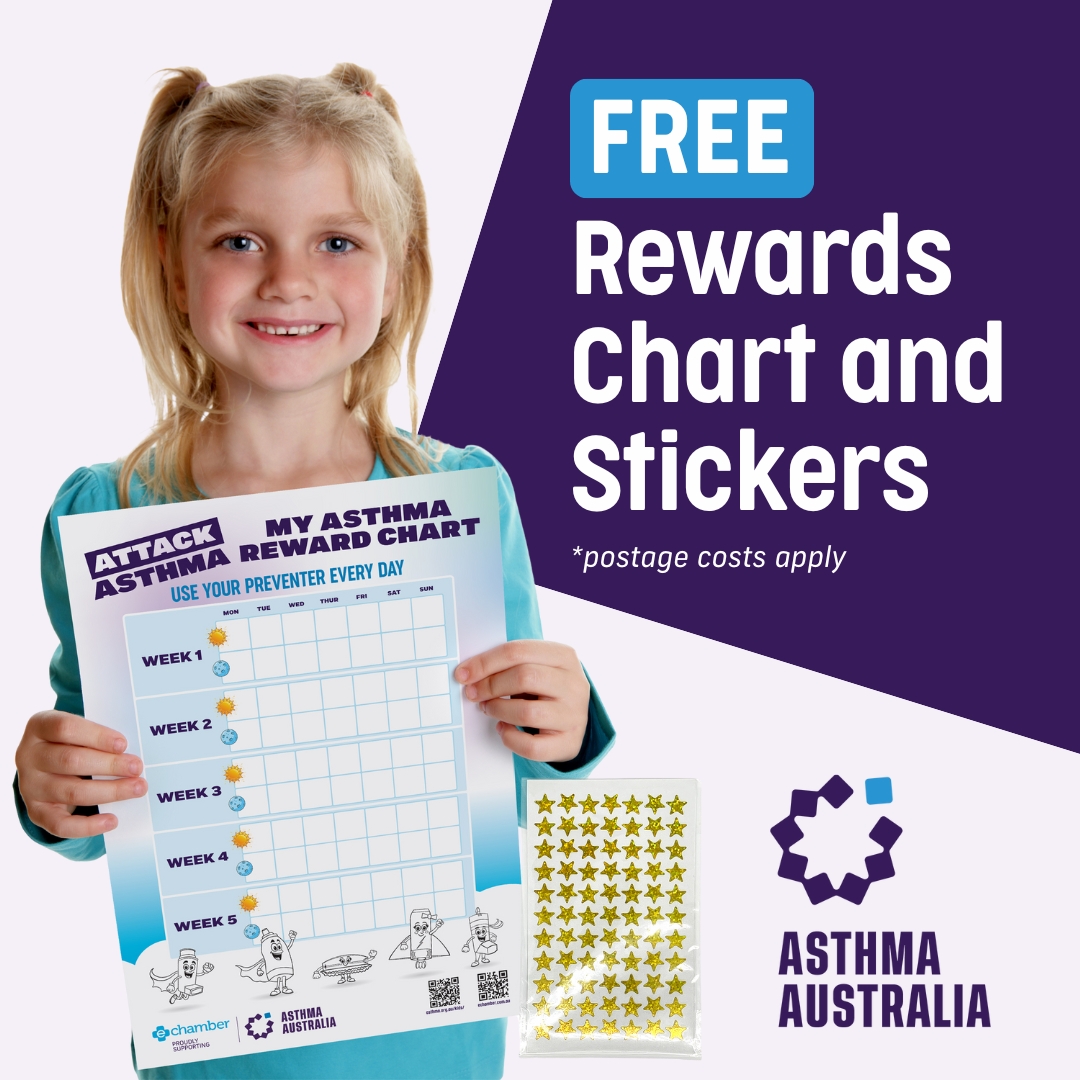Sending your child to school when air quality is still poor
At Asthma Australia, we know it has been challenging to reduce exposure to the poor air quality and the extreme conditions because of the current bushfire crisis. The question now plays on our minds – what are you going to do with your child if they must go back to school in an area that is still experiencing hazardous air quality?
Over the holidays, you may have been able to minimise your child’s exposure to the extreme conditions by keeping them indoors, creating a clean air shelter, monitoring their health and updating and referring to their Asthma Action Plan. When it comes time to go back to school, you are entrusting the care of your child into someone else’s hands, and for any parent, this can be an anxious and concerning time.
How to prepare your child for school
To help with your preparation, we have created a back to school checklist which highlights the need to:
- Update your child’s Asthma Action Plan (this is mandatory if your child has been diagnosed with asthma)
- Visit your doctor for an asthma review. Speak to them about your child’s asthma control during the poor air quality, as they may make changes to medication or dosage given the current situation
- Ensure you have in date preventer and reliever medications. If you are in an area that has been impacted by bushfires and you can’t locate your prescription, you can enquire at your pharmacy about an emergency supply of medication
- Speak to your child’s teacher, carer and/or school Principal about your child’s asthma, their Asthma Action Plan, their usual triggers, symptoms and medication and what to do in the case of a flare-up or emergency.
Please note, facemasks are not recommended for children under the age of 14 as they are not considered safe or effective.
At this point in time, each individual school may follow its own processes, policies or protocols around air quality and safety measures. What you can do as a parent is speak to the school and ask what they have in place i.e. similar to what they have in place for wet weather plans, extreme heat or emergency response.
Questions to ask your school
- Do they have a process for identifying poor air quality days?
- What is the protocol for poor air quality days deemed to be not suitable for school attendance i.e. school is closed how do they notify parents and staff?
- Will they change outdoor activity and break times to be indoor activities if air quality is poor?
- Are the classrooms air-conditioned (on recycled/recirculated air setting) to create a safe clean air space?
- Do they have enough staff trained in asthma first aid to deal with the increased risk of respiratory issues and what is the process in the case of an emergency?
- Will they send children home if air quality becomes worse throughout the day?
- If the schools process is to send the child home when air quality is poor and they have notified you as the parent, but you can’t get there any earlier, what do they do in the interim?
How to check if your school is open
If you have other questions reach out to your local Councilors for an update or visit your individual state Departments of Education (quick links below) additionally, the school may have notifications on their website.
ACT Govt and Department of Education ACT
How Asthma Australia can assist
Asthma Australia are working across the education sectors to ensure that children have a safe space and plan when it comes to managing their asthma and air quality at school.
We encourage the use of air quality monitoring and we are leading the conversation about the need for real-time, consistent air quality monitoring of PM 2.5 and PM 10 nationally.
Asthma Australia has developed a national Smoke Impact Survey which is in circulation to help us identify on the ground issues and consumer experience during the period of poor air quality. It will also allow us to elevate the voice and experience of people with asthma and the community more broadly in a time of unprecedented poor air quality. We want to ensure people with asthma effected by current conditions are recognised in the national conversation about this disaster.
1800 ASTHMA (1800 278 462)
Our Asthma Educators know when to listen and are here to empower you to better manage your asthma, so you can live a life free from its restraints. We are here to answer any questions you may have about the management of your asthma, whether you live with asthma or care for someone that does. Call now or book a call online.
Asthma Control Test
The Asthma Control Test is suitable for individuals 12 years of age and older. Your Asthma Score will assist your Health Care Professional in helping you reach the best asthma control possible. Asthma Score is a way of working out your level of asthma control. Even if you think your asthma is under control, knowing your Asthma Score is still important.
Asthma Assist
Asthma Assist is a free asthma information service that aims to support you in better managing asthma.
This membership helps more than 32,000 people across Australia.
Sign up and you will receive:
- An Asthma Toolkit including: helpful brochures, Asthma Action Plans, educational videos, plus more!
- A subscription to our e-newsletter, jam-packed with updates on asthma management, latest research and what Asthma Australia is doing to better support the one in nine Australians with asthma





 1800 278 462
1800 278 462



